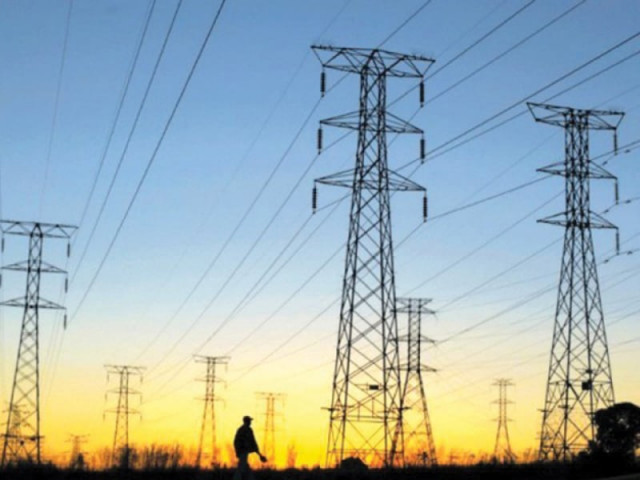Special purpose: Fatima Group to establish transmission company
Subsidiary is already constructing a 120MW power plant to sell electricity.

Fatima Energy Limited is constructing a 120-megawatt power plant at a cost of $250 million in Muzaffargarh. STOCK IMAGE
Fatima Group, which is building Pakistan’s first independent power project (IPP) that will directly sell electricity to bulk consumers has also sought permission to establish a special purpose transmission company.
Its subsidiary, Fatima Energy Limited (FEL), is constructing a 120-megawatt (MW) power plant at a cost of $250 million in Muzaffargarh, which is unique since it does not add pressure on the government to pay a guaranteed tariff.
The company will also directly sell electricity to bulk consumers.
Under the model, FEL will work out the price of electricity with its own bulk consumers and use the national grid to transport it. This would require it to pay rent to the state-controlled National Transmission and Distribution Company (NTDC). The model is called private-to-private (P2P) business model.
However, for this to happen, Multan Electric Power Company Limited (Mepco), which has exclusive rights for supplying power in southern Punjab, has to lay the necessary infrastructure.
“Mepco told us they don’t have the money to do that. So, we have to build our own transmission lines from the power plant up to the point where it can be connected to the grid,” said a company official.
“We plan to start commercial operations of the power plant by March 2016 and cannot take any risks,” he said, adding the FEL has taken loans to finance the project.
For the purpose, the group has established a special purpose Fatima Transmission Company Limited (FTCL) and asked the National Electric Power Regulatory Authority to issue the relevant licence.
FTCL will build a 37-kilometre long double circuit transmission that will run over 150 towers.
“We are still in talks with authorities to figure out how the cost of this project will be recovered. It will probably be adjusted in the wheeling tariff,” said the official.
The concept of selling power directly to bulk customers eliminates uproar that surrounds inefficient power producers being allowed to cheat public.
FEL, which will run on a mix of bagasse and coal, is the first IPP that would not rely on government guarantees, subsidies, tariffs and all the other assorted benefits to produce and sell energy.
It would be up to the company and its consumers to decide the power tariff.
Under a wheeling agreement, which covers the use of the national grid by power producers, Fatima will pay Mepco a certain fee to use its transmission lines.
When the project was conceived, sponsors were hoping to sell half of the power to NTDC – but it was severely criticised by some officials who insisted that Fatima Energy was more a captive power plant than an IPP.
Now, the company is going to sell the power to bulk consumers who are subsidiary companies of the group that include Fatima Sugar, Fazal Cloth Mills, Reliance Weaving Mills and Pak-Arab Fertilizer after signing separate power purchase agreements.
Published in The Express Tribune, March 14th, 2015.
Like Business on Facebook, follow @TribuneBiz on Twitter to stay informed and join in the conversation.


















COMMENTS
Comments are moderated and generally will be posted if they are on-topic and not abusive.
For more information, please see our Comments FAQ